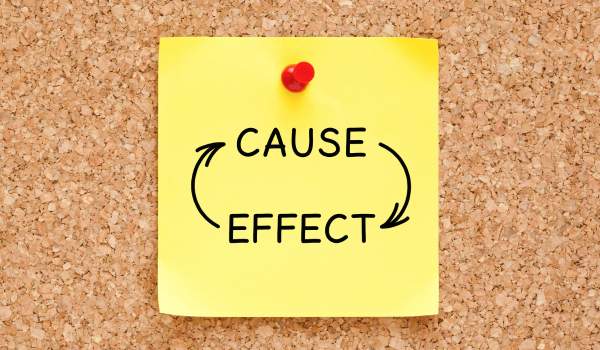Water softeners use salt to treat hard water — but your water shouldn’t taste like it came straight from a shaker. If you’re noticing a salty or briny aftertaste, it’s a sign something’s off.
The good news? Most of the time, it’s an easy fix.
✅ Quick Takeaways
- Soft water shouldn’t taste salty — excess sodium usually means a system malfunction
- Overloaded brine tanks, stuck valves, or improper backwashing are common culprits
- Poor water pressure can cause incomplete rinsing during regeneration
- A salt-free softener may be a better choice if you’re salt-sensitive
- Most salty taste issues can be fixed with routine maintenance or minor adjustments
⚠️ Common Reasons Your Soft Water Tastes Salty

If your water suddenly starts tasting salty, it’s usually tied to a hiccup during the softening or regeneration process. Here’s a breakdown of what could be going on behind the scenes:
| 🔍 Possible Cause | 🛠️ What It Means | 💡 Fix |
|---|---|---|
| Too Much Salt in Brine Tank | Salt buildup or bridging can create overly concentrated brine. | Break up any salt crusts and check for salt mushing at the bottom. |
| Regeneration Incomplete | Softener didn’t flush all the salty water after a regen cycle. | Manually trigger a full cycle or check your timer/settings. |
| Stuck Drain or Valve | Blocked valves or poor flow can trap salty water in the tank. | Inspect and clean valves or call a tech if they’re jammed. |
| Low Water Pressure | Not enough pressure during rinse can leave behind brine. | Check your home’s pressure — it may need a boost. |
| Backwash Issues | Improper backwash flow can interfere with the rinse process. | Inspect backwash system settings and flow rate. |
| Brine Line Problems | Leaks or kinks in the line can prevent proper rinsing. | Check tubing for damage or improper installation. |
Most salty water complaints come down to one thing: not enough rinsing. Whether it’s due to blocked valves, salt buildup, or low pressure, the solution is usually mechanical—not chemical.
🧰 If it’s been a while since your system was cleaned or serviced, it might be time for a tune-up. makes life a little more comfortable and less expensive. The trade-off is a little salt in your water, but it should never be enough to make your water taste salty.
🧂 Is There Really That Much Salt In Soft Water?

Despite the taste, softened water doesn’t contain much sodium — at least not under normal conditions. Most systems add only about 20–30 mg of sodium per 8 oz glass, depending on your water hardness (EPA).
That’s less sodium than a slice of bread 🍞 — but if your softener isn’t flushing properly, that number can spike.
👶 Good to Know: People on low-sodium diets, infants, or anyone with kidney concerns may want to limit softened water — or use a separate drinking water filter at the tap.
👉 See how softeners actually work? Here’s a quick explainer.
🚫 Don’t Want Salt in Your Water? You’ve Got Options

If you’re sensitive to sodium or just tired of refilling that brine tank, a salt-free water conditioner might be worth considering. These systems don’t remove hardness minerals — instead, they neutralize them, so they won’t stick to pipes or appliances.
No salt. No backwashing. No slippery water feel.
🌿 They’re also a greener choice — using no electricity, wasting zero water, and requiring far less maintenance than traditional softeners.
💭 Still deciding between salt-based or salt-free? Here’s a full breakdown of how both systems work and compare — pros, cons, and which one makes the most sense for your home.
✅ Final Thoughts
If your softened water tastes salty, don’t panic — it’s usually a sign your softener needs a little maintenance, not a major repair. From checking salt levels to inspecting valves or adjusting rinse cycles, most fixes are simple.
💡 And if you’re over the salt altogether, a salt-free system could be the clean-slate upgrade your home needs.
 129 people found this helpful. Was this guide helpful to you?
129 people found this helpful. Was this guide helpful to you? 

